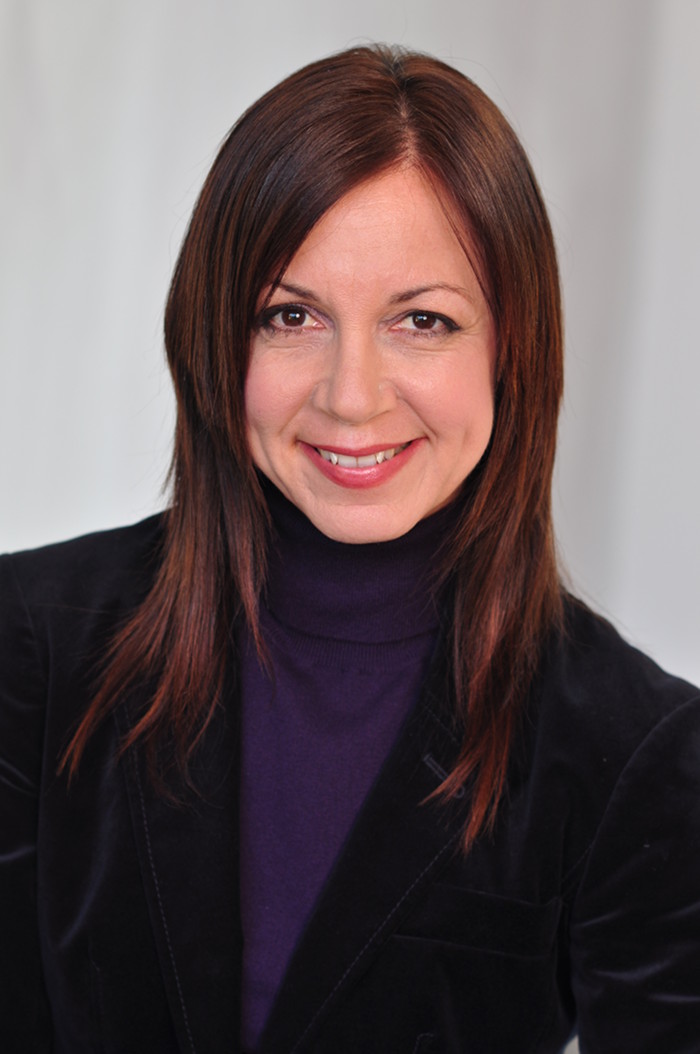
Lisa Bahar is a licensed marriage and family therapist, professional clinical counselor and certified drug and alcohol counselor. She works with individuals, couples and families and specializes in personality disorders, mood disorders and substance abuse treatment. Lisa specializes in Dialectical Behavior Therapy (DBT) an intervention skill set that helps client regulate emotions, learn how to assert or say no, manage stressors and crisis, and maintain a quiet mind with core mindfulness skills. Lisa also uses a creative technique called Cinema Therapy, which implements movies and the cinema into the therapeutic process. Lisa Bahar is located in Newport Beach, California. You can learn more about her at www.lisabahar.com.
How and/or why did you become a therapist?
Becoming a therapist was a second career choice for me. My first career was in cinema and I received my Bachelors in Cinema Television from USC. I was involved in making films for many years, however, a turn of events had me return home to my family and at that time I decided to reconsider my career path and through that therapeutic process became interested in my mental health. As a result of that personal process, I then wanted to help others once I gained insight and a new plan for my life. My inspiration was to return to school, get my Masters in Psychology and pursue a career as a licensed psychotherapist. Ironically, I use my first career of the Cinema in my Therapeutic practice and implement a therapy technique called Cinema Therapy.
What are the most rewarding aspects of being a therapist?
Having someone return after therapy or even during therapy and sharing how their life has become what they prefer through a process that we collaborated on in therapy. It’s quite an honor for someone to come in and be willing to be vulnerable and share their story and the challenges they are facing and trusting in the process that I can help.
What’s unique or special in your background or approach to interpersonal relationships?
I use a lot of Dialectical Behavior Therapy (DBT) in my work with clients when working on relationship goals. DBT has a concrete approach on how to express yourself, ask for what you want and learn how to attend to relationships. It is a helpful skill set that client’s feel they can master and apply to their relationship, whether it is a marriage, work, family or otherwise.
What are your favorite or most interesting interpersonal relationship tips/advice?
Be willing to remove blame or fault from the situation. Focus on the issue, versus the person being the problem. Learn how to validate one another, which does not mean you agree or approve, but that you understand the other person’s point of view. I think validation is the key to healthy communication and relationships, people want to be heard and understood before they are open to change.
What are some things about therapy that you want to increase public awareness about?
Remove the stigma of mental illness and be willing to ask for help. It’s not easy for some to ask for help, I give a lot of credit to people that are willing to ask for professional help.
What are some of the biggest mistakes a therapist or patient can make?
I have made quite a few and I will continue to make them and do my best to learn from them.
Patients can make no mistakes in my opinion, it’s up to the therapist to help guide the process.